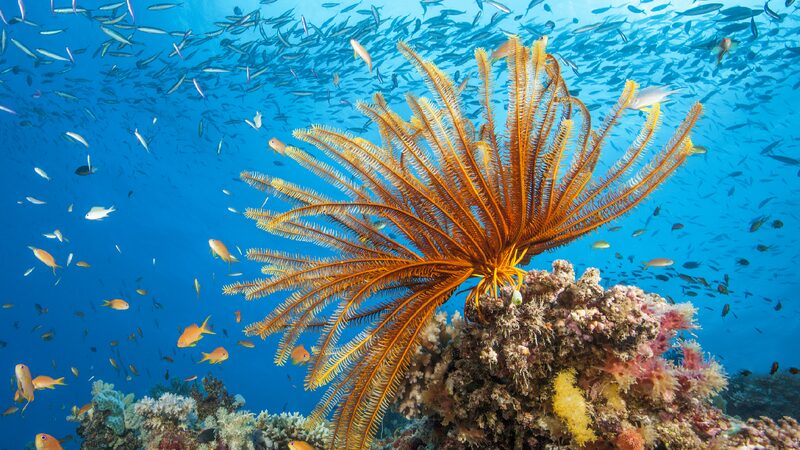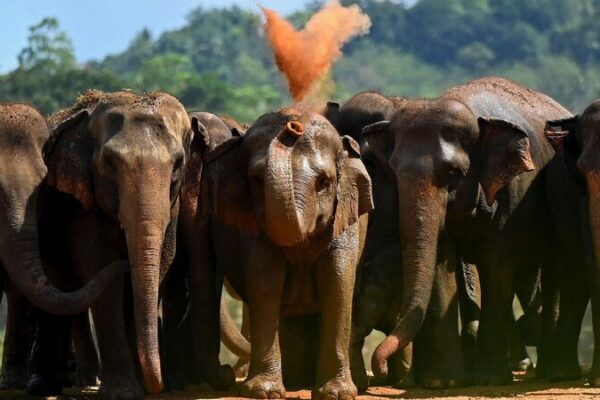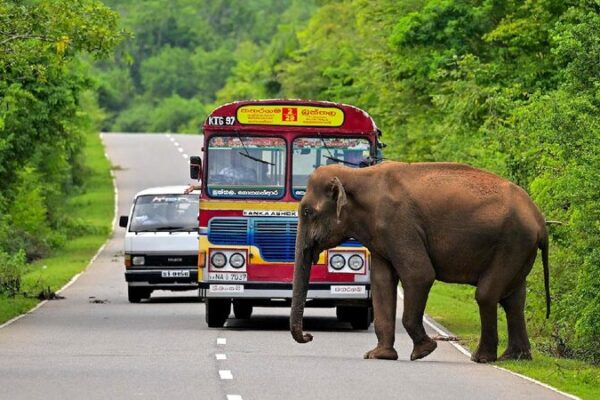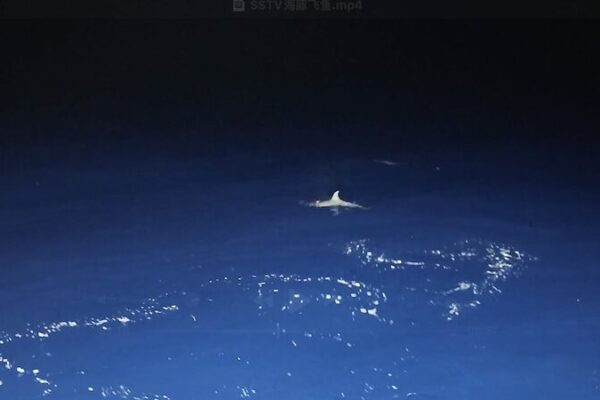Human activities are causing a significant decline in older animals worldwide, threatening the stability and sustainability of ecosystems, according to a recent Australian study.
The research, conducted by Charles Darwin University (CDU) in Australia’s Northern Territory, highlights how practices such as poaching, trophy hunting, predator hunting, and recreational harvesting are depleting populations of older animals on land. Iconic species like lions and elephants are among those most affected by the over-exploitation of their eldest members.
In aquatic environments, the oldest fish in many populations have been severely reduced, and ancient coral formations have been harvested extensively. This loss is not just about numbers; older animals play a crucial role in the health and longevity of their species and ecosystems.
“In addition to their intrinsic biodiversity value and slower rate of recovery in response to human activities, the loss of old animals ultimately threatens the long-term sustainability and stability of ecosystems on which humans depend,” said Keller Kopf, the lead author of the study from CDU’s Research Institute for the Environment and Livelihoods.
Older individuals in long-lived species, such as elephants, whales, and even humans, accumulate knowledge over many years. This wisdom is essential for providing better care to offspring and grand-offspring and guiding their communities through challenges.
The research team is calling for dedicated policy directives and management strategies to conserve older animals globally. Protecting these elder members is vital for maintaining biodiversity and ensuring the resilience of ecosystems facing increasing human pressures.
Reference(s):
cgtn.com








